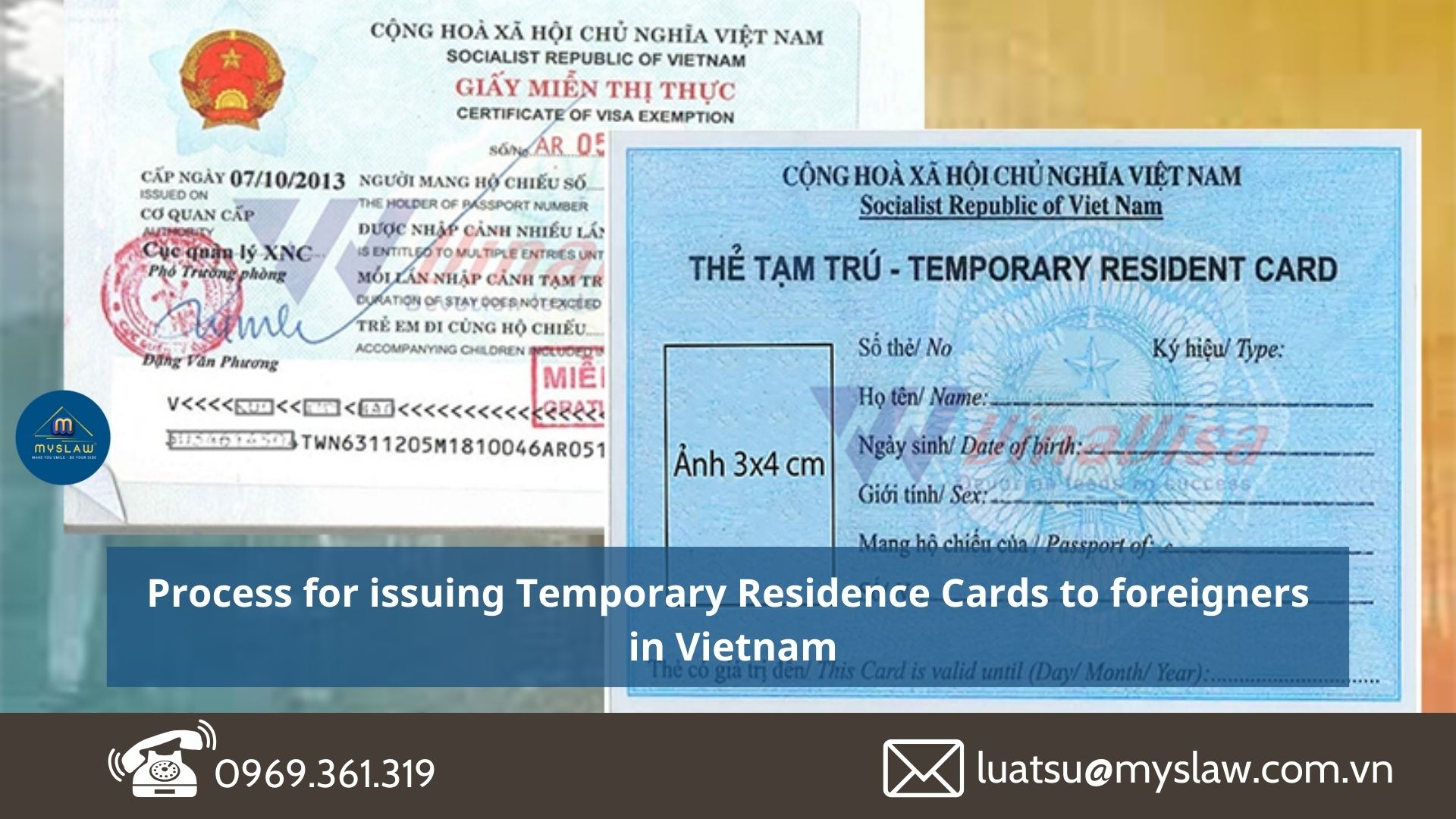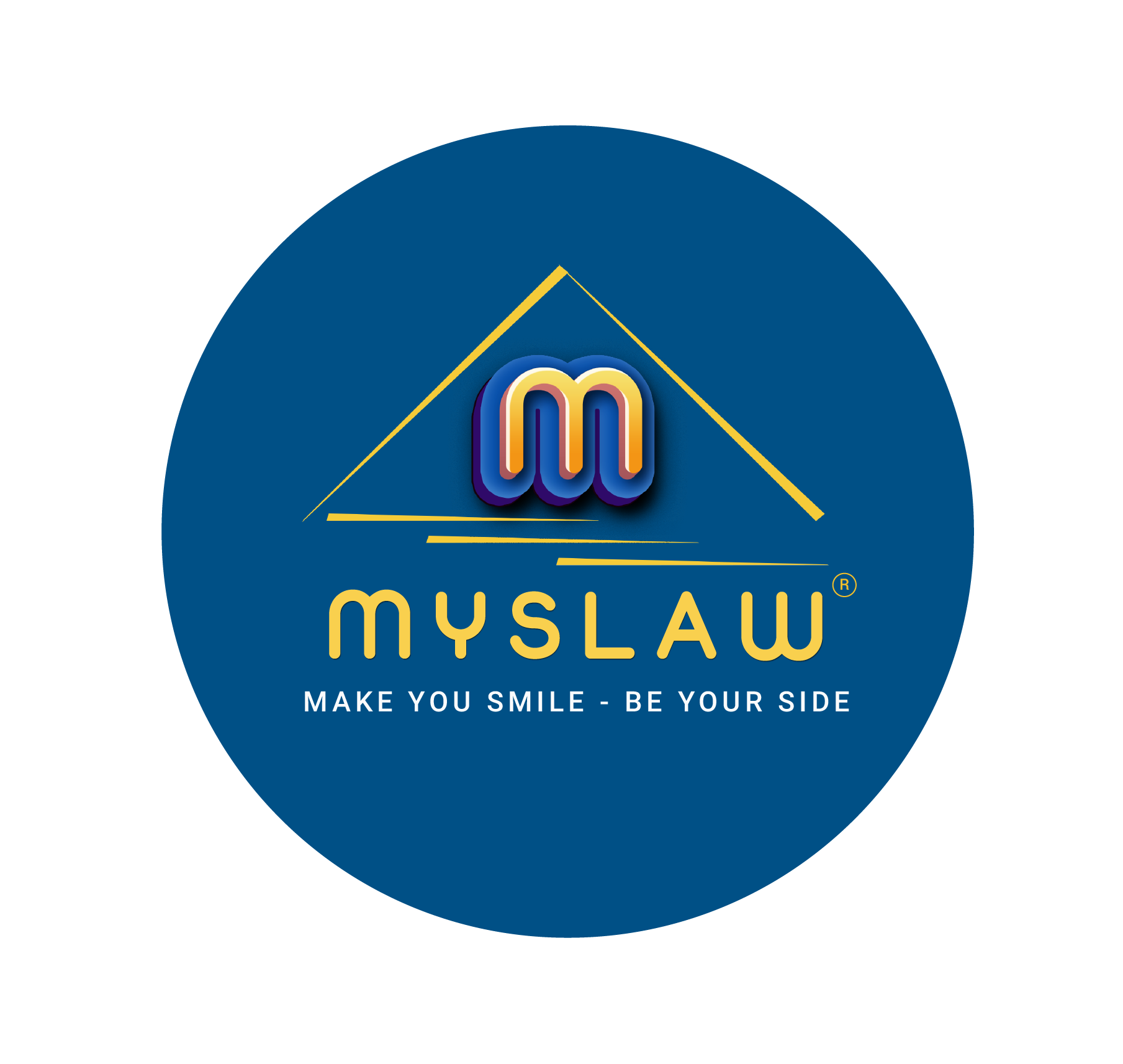Index of the Article
- What is a Temporary Residence Card?
- Procedures for Granting Temporary Residence Cards to Foreigners in Vietnam
- Validity of Temporary Residence Card in Vietnam
Introduction
When foreigners wish to reside in Vietnam, they are required to obtain a temporary residence card. This article outlines the procedures for granting temporary residence cards to foreigners in Vietnam.

1. What is a Temporary Residence Card?
According to Clause 13, Article 3 of the Law on Entry, Exit, Transit, and Residence of Foreigners in Vietnam (2014), a temporary residence card is a document issued by the immigration management agency or a competent agency of the Ministry of Foreign Affairs. This card is granted to foreigners who are authorized to stay in Vietnam for a specific period, serving as a substitute for a visa.
2. Procedures for Granting Temporary Residence Cards to Foreigners in Vietnam
(1) Required Documents for a Temporary Residence Card Application:
- A written request from the inviting or sponsoring entity.
- A declaration form with a photograph of the applicant.
- A valid passport of the foreign national.
- Documents proving eligibility, based on specific categories:
- Foreign nationals who are members of diplomatic missions, consular missions, or representative offices of international organizations affiliated with the United Nations or intergovernmental organizations in Vietnam. This also applies to their spouses, children under 18 years of age, and accompanying household staff.
- Foreign nationals entering Vietnam with the following visa types: LV1, LV2, LS, DT1, DT2, DT3, NN1, NN2, DH, PV1, LD1, LD2, and TT.
(Refer to Clause 1, Article 37 of the Law on Entry, Exit, Transit, and Residence of Foreigners in Vietnam (2014), as amended by Point a, Clause 15, Article 1 of the Law on Amendments to the Law on Entry, Exit, Transit, and Residence of Foreigners in Vietnam (2019)).
(2) Application Process for a Temporary Residence Card:
- Submission for NG3 Temporary Residence Card: A diplomatic mission, consular office, or authorized agency in Vietnam must submit the application to the competent authority of the Ministry of Foreign Affairs.
- Submission for Other Temporary Residence Cards: Agencies, organizations, or individuals directly inviting or sponsoring the foreign national must submit the application at the immigration office. This should be the office where the sponsoring entity is registered or where the sponsoring individual resides.
- Processing Time: Within five working days from the submission of all required documents, the immigration authority or the relevant Ministry of Foreign Affairs office will review and decide on the issuance of the temporary residence card.
(See Clause 2, Article 37 of the Law on Entry, Exit, Transit, and Residence of Foreigners in Vietnam (2014), amended by Point b, Clause 15, Article 1 of the Law on Amendments to the Law on Entry, Exit, Transit, and Residence of Foreigners in Vietnam (2019)).
3. Validity of Temporary Residence Cards in Vietnam
- The validity of a temporary residence card must be at least 30 days shorter than the remaining validity of the passport.
- DT1 Temporary Residence Cards: Validity up to 10 years.
- NG3, LV1, LV2, LS, DT2, and DH Temporary Residence Cards: Validity up to 5 years.
- NN1, NN2, DT3, and TT Temporary Residence Cards: Validity up to 3 years.
- LD1, LD2, and PV1 Temporary Residence Cards: Validity up to 2 years.
- An expired temporary residence card may be renewed upon application.
(Refer to Article 38 of the Law on Entry, Exit, Transit, and Residence of Foreigners in Vietnam (2014), amended by Clause 16, Article 1 of the Law on Amendments to the Law on Entry, Exit, Transit, and Residence of Foreigners in Vietnam (2019)).
Conclusion
Foreign nationals intending to stay in Vietnam for an extended period must ensure they follow the procedures for applying for a temporary residence card. Proper documentation and adherence to the guidelines outlined will facilitate a smooth application process.
Best regards!
The above information is provided by Mys Law. For any questions regarding the content of this article, please contact 0969.361.319 or email: [email protected] for further clarification. Best regards!





